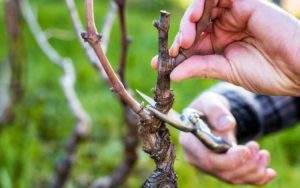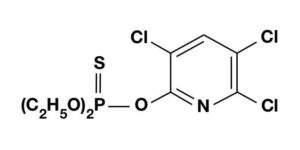On 11 December 2017, the “Agriculture and Fisheries” Council adopted the agricultural part of the omnibuse regulation following the informal agreement reached with the European Parliament on 12 October.
On 1 January 2018, these technical improvements to the common agricultural policy (CAP) came into force.
The agricultural part of the Omnibuse Regulation amends the four CAP Regulations:
– direct payments
– rural development
– common organization of the market and
Here are some of the main changes:
– Direct payments: The rules on permanent grazing have been amended to give Member States more flexibility. Some elements of eco-sustainability will also be simplified. In addition, the distinction between active and inactive farmers will become optional, thus allowing Member States where it was an excessive administrative burden to eliminate it.
– Rural development: risk management measures will become more attractive as a result of the reduction of certain thresholds and the increase in support rates. The use of financial instruments will also be simplified.
– Common organization of the market: certain prerogatives of producer organisations, such as production planning, optimisation of production costs, placing on the market and negotiating, on behalf of its members, contracts for the supply of agricultural products, will be extended to all sectors in order to improve the position of farmers in the supply chain. These rights already exist in sectors such as olive oil, beef and arable crops. The option to negotiate collectively the conditions for the allocation of value in contracts will be extended to sectors other than sugar and will be optional.

